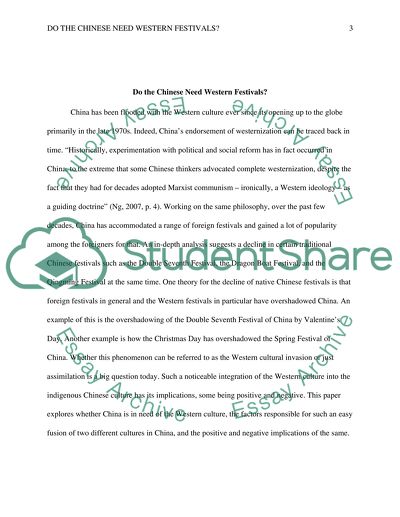Cite this document
(“Do the Chinese need western festivals Research Paper”, n.d.)
Do the Chinese need western festivals Research Paper. Retrieved from https://studentshare.org/sociology/1482774-do-the-chinese-need-western-festivals
Do the Chinese need western festivals Research Paper. Retrieved from https://studentshare.org/sociology/1482774-do-the-chinese-need-western-festivals
(Do the Chinese Need Western Festivals Research Paper)
Do the Chinese Need Western Festivals Research Paper. https://studentshare.org/sociology/1482774-do-the-chinese-need-western-festivals.
Do the Chinese Need Western Festivals Research Paper. https://studentshare.org/sociology/1482774-do-the-chinese-need-western-festivals.
“Do the Chinese Need Western Festivals Research Paper”, n.d. https://studentshare.org/sociology/1482774-do-the-chinese-need-western-festivals.


